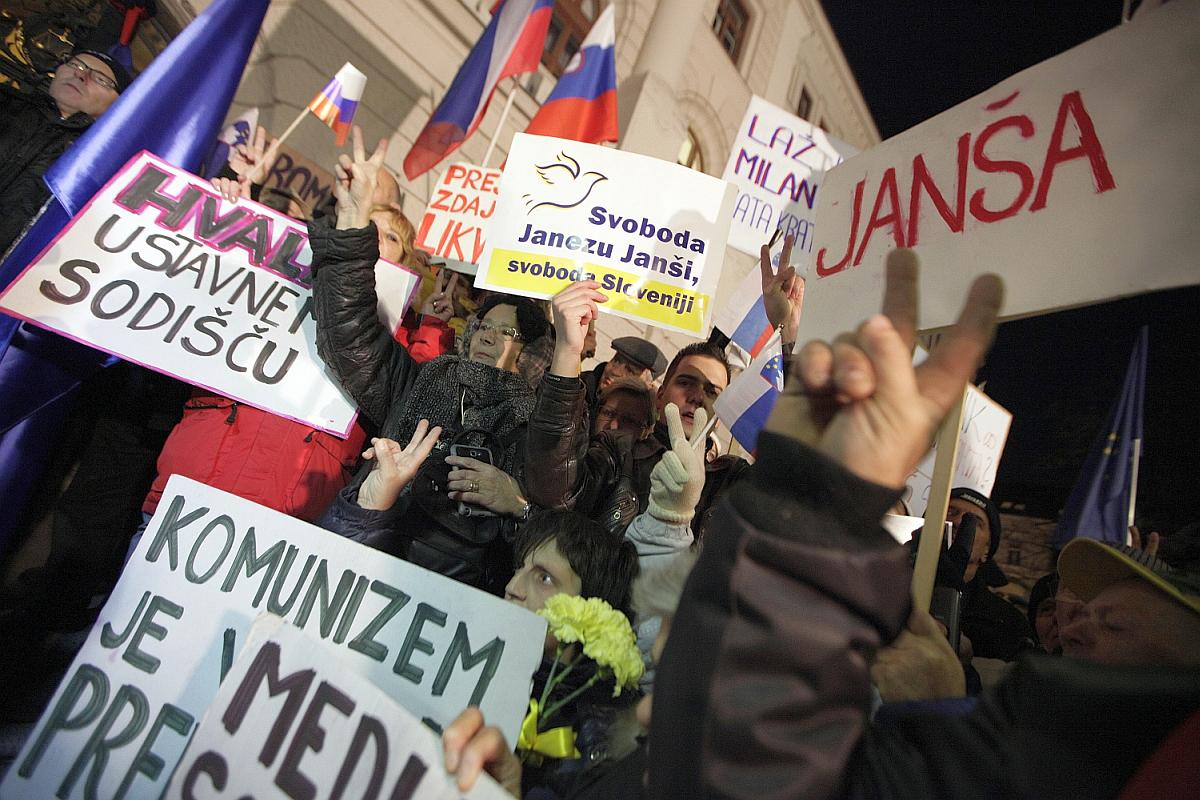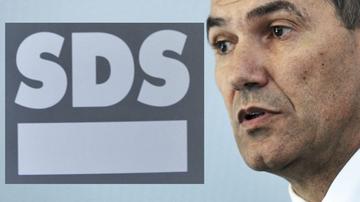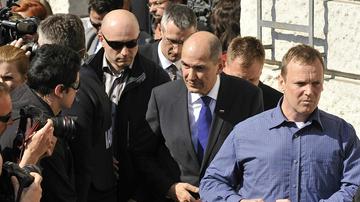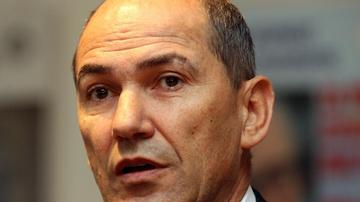

Janša has been convicted to a two-year prison sentence for corruption in the arms purchase deal, and today's stay of the implementation of the judgment means Janša can leave the prison, stands in the explanation of the Constitutional Court decision which was adopted by consensus. The Administration for the Enforcement of Penal Sanctions confirmed that Janša has already left the Dob prison.
The constitutional judges will discuss also the contents of the Janša's verdict, and if they establish the verdicts were based on violation of human rights, the court decisions should be repealed or changed. That could have detrimental consequences for good and efficient functioning of the democratic parliament, and authority as a whole, which would be difficult to repair.
"If Constitutional Court decides that the decision of the National Assembly on termination of the complainant's mandate in the Parliament is in compliance with the Constitution (and the law), the detrimental consequences could be even irreparable," is written in the explanation.
It is not yet known when the content of the judgment will be discussed
It is not known yet when the court will start deciding on the judgment in the Patria case. In case it decides that the judgement was unlawful, the case might be returned to a court of first instance, thus falling under the statute of limitation, as the Patria case expires next August. The court might also only partially repeal the judgment, and return the case to the instance at which the mistake was made.
The Supreme Court points out that the Constitutional Court in the decision on suspension of verdict in the Patria case has not taken a position on the contents of the judgments. The highest representatives of the state claim that they will respect the decisions of the courts, and will refrain from comment.
Andrej Čebokli, MMC
Translated by G. K.







































































